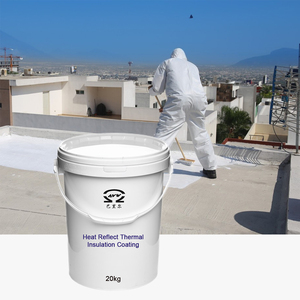
All categories
Featured selections
Trade Assurance
Buyer Central
Help Center
Get the app
Become a supplier













Duyệt qua nhiều loại khác nhau. lớp phủ halar trên Alibaba.com và chọn mục yêu thích của bạn .. lớp phủ halar là món ăn ngọt lý tưởng cho trẻ em cũng như người lớn và rất cần thiết vào các ngày lễ như Halloween, Ngày lễ tình nhân, v.v .. lớp phủ halar có nhiều hình dạng, kích thước và màu sắc hấp dẫn khác nhau để làm hài lòng thị giác cũng như vị giác của bạn.
Tại Alibaba.com ,. lớp phủ halar từ những thương hiệu tốt nhất trong không gian bánh kẹo được cung cấp, đảm bảo rằng đồ uống an toàn cho người tiêu dùng .. lớp phủ halar hiện cũng có các biến thể có ý thức về sức khỏe sử dụng các chất thay thế lành mạnh cho đường hoặc được làm từ các thành phần hoàn toàn tự nhiên để bạn có thể thưởng thức hương vị ngọt ngào của mình mà không cần do dự .. lớp phủ halar được thiết kế để mang lại niềm vui cho người tiêu dùng. Nhiều sản phẩm hiện có các tính năng thú vị như khả năng bật vào bên trong miệng người tiêu dùng, các trung tâm ẩn hoặc các yếu tố thay đổi màu sắc để làm cho trải nghiệm thú vị hơn.
Chọn hấp dẫn. lớp phủ halar từ phạm vi hấp dẫn được cung cấp trên Alibaba.com. Với mức giá hấp dẫn thấp và chiết khấu cao ,. Các nhà cung cấp lớp phủ halar chắc chắn muốn mua số lượng lớn và dự trữ cho các sự kiện lớn. Hãy thỏa mãn các giác quan của bạn với những món không thể cưỡng lại ngay hôm nay.